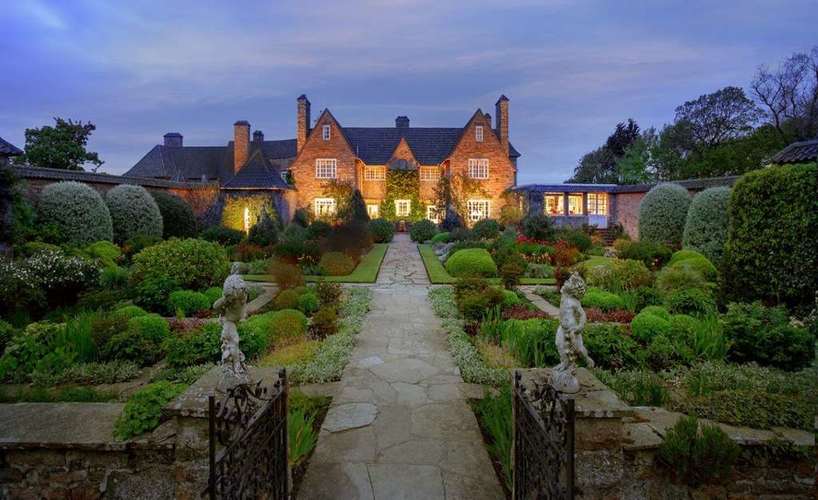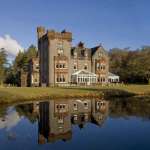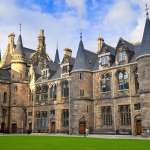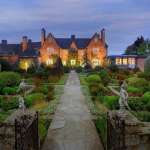Glasgow is a unique European city where modernism marries so well with its history. Once the richest city of the British Empire and a pioneer of the industrial revolution, today you can see traces of its golden age but also a rejuvenation that has made Glasgow transition into the 21st century flawlessly. The city is famous for the largest collection of Victorian architecture in the UK. Victorian palaces or public offices brush up against ultra modern skyscrapers…and it works!
Many awards have been given to Glasgow over the years, such as the European City of Culture in 1991, UK City of Architecture and Design in 1999, Capital of Sport in 2003 and in 2008 it was named a UNESCO City of Music. An incredible amount of priceless art hangs in one of the many fabulous museums. You’ll find highly regarded eateries as well as the best curry in the UK. A pub at every corner calls out at passerbies with the sound of local live music performances.
History of Glasgow:

There have been settlements in Glasgow since prehistoric times. The Romans later built outposts in the area and, to keep Roman Britannia separate from the Celtic and Pictish. Glasgow itself was founded by the Christian missionary Saint Mungo in the 6th century. By the 12th century Glasgow had been granted the status of what can now be called a city and the cathedral was the seat of the Bishops and Archbishops of Glasgow. The bishopric became one of the largest and wealthiest in the Kingdom of Scotland, bringing wealth and status to the town. Glasgow was subsequently raised to the status of Royal burgh in 1611.
By the 16th century, the city’s trades and craftsmen, mostly specialized in iron and coal, had begun to wield significant influence and the city became an important trading center with the Clyde River serving as shipping port. It soon became a hub of trade to the Americas, especially in the movement of tobacco, cotton and sugar. In its subsequent industrial era, Glasgow produced textiles, chemicals, engineered goods and steel, which were exported. It is during Glasgow’s Golden age, in the 19th century, that the construction of many of the city’s greatest architectural masterpieces were built, as well as a municipal public transport system, parks, Victorian homes, museums and libraries.
The city’s decline began after World War I and later the Great Depression. There was a small boom during and after the 2nd World War. Soon the city was again in an economic decline by the beginning of the 1960s and kept going till the mid 1980s. The city administrators cleaned and sandblasted the beautiful old buildings, saved the tenements by fixing and refurbishing, the financial district built towers and brought in by companies and banks. Unemployment and crime went down dramatically. A renaissance took place attracting artists and tourist alike.
View All Tours View Luxury Cruises View Unique Journey’s View Private Adventures View Custom Groups













